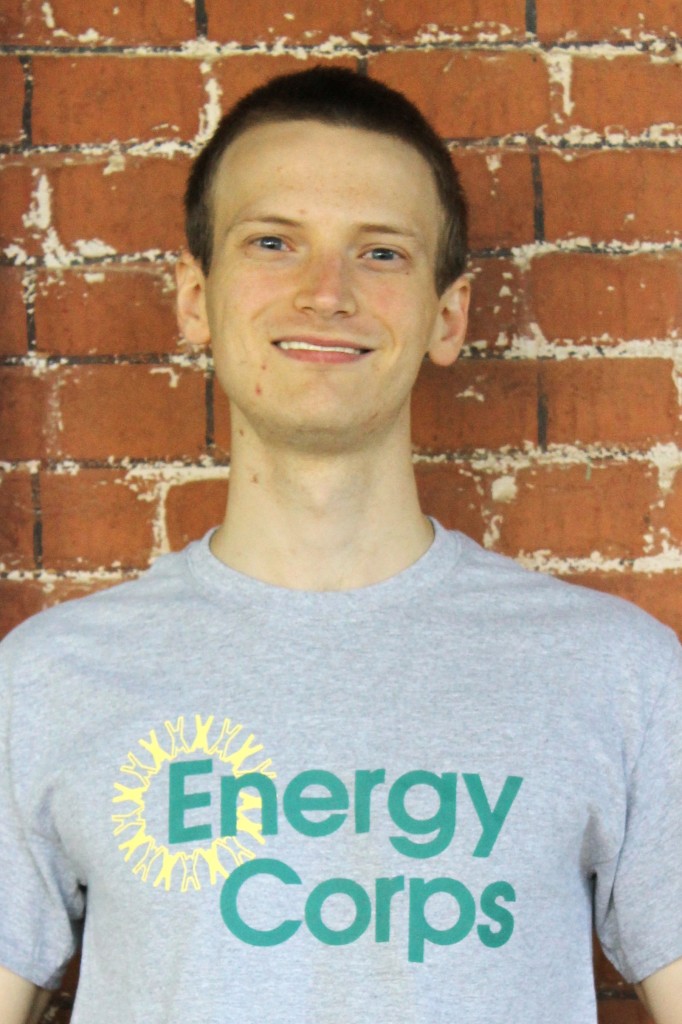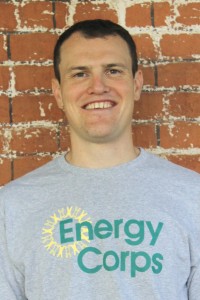Here’s a fun fact: I used to work as a cashier at Barnes and Noble. Here’s another: the most common answer to the question “Would you like a plastic bag?” is “Why not?” Every time I got that response, I nearly had a conniption. It was only because I valued my job that I refrained from laying out, in detail, the many reasons they shouldn’t get a bag for their sole purchase of How to Improve Your Marriage Without Talking About It (which is a book that actually exists).
Once my left eye finished twitching though, I’d inevitably get to thinking that the response was more than flippant disregard for environmental concerns. That it was a legitimate question and one to which far too many people don’t know the answer.
Ultimately, it was my desire to try and change that sentiment which drove me to join AmeriCorps and to accept my position here in Little Rock, AR. As the HELP-Coop Liaison, I’m here to communicate the goals of HELP (Home Energy Loan Program) to the members of the energy cooperatives. In other words, it’s up to me to educate members on the importance of home energy efficiency and the ways in which improving their own efficient usage of energy can be a benefit (both for themselves and the world at large).
For the first week of my service term, I assumed that this effort would be almost entirely dependent on the retrofit work to be done being a net positive gain for the member. You can blame my background in economics, but I most often tend to view people as running primarily on self-interest. What I (and arguably many economists as well) failed to fully grasp was the extent to which there is a value beyond the monetary. Although the financial impact is an important factor for members (many of who are low-income), in some cases it’s the more intangible aspects which can be the deciding factor.
When you tell someone that by having all of the work done they can shave a couple hundred dollars off of their utility bill each year, you have their interest. But when you tell them that that same work can improve their quality of life and the health of their family, you have their attention. By linking environmental efforts to what someone values most, we are far more likely to engender action, both in the short and long term.
So, where am I going with all of this? I suppose that what I am trying to say is that most people don’t want to harm the environment. Instead, they simply continue to do so because of the perception that the value they’d get out of changing their behavior is less than the cost associated with that change. But I firmly believe that we can change that perception through more education on the subject and that’s why I’ll continue to provide as much of it as I can to as many people as I can.
 Evan Harper graduated from Austin College in Sherman, TX with a BA in Economics (Minor in Mathematics) in 2014, after spending a year at the London School of Economics. Prior to joining Energy Corps, Evan researched how power dynamics affect pollution rates. Evan is serving with the Ouachita Electric Cooperative Corporation (OECC) and the CCI HEAL Office at the Clinton Foundation in a program promoting improved energy efficiency through home energy retrofits and investments.
Evan Harper graduated from Austin College in Sherman, TX with a BA in Economics (Minor in Mathematics) in 2014, after spending a year at the London School of Economics. Prior to joining Energy Corps, Evan researched how power dynamics affect pollution rates. Evan is serving with the Ouachita Electric Cooperative Corporation (OECC) and the CCI HEAL Office at the Clinton Foundation in a program promoting improved energy efficiency through home energy retrofits and investments.








